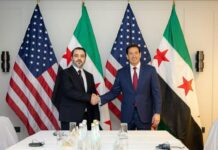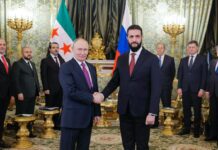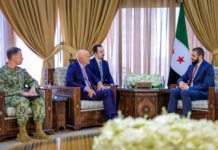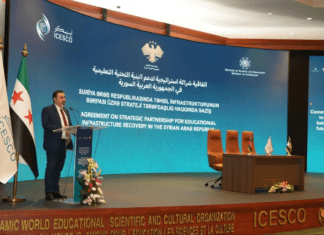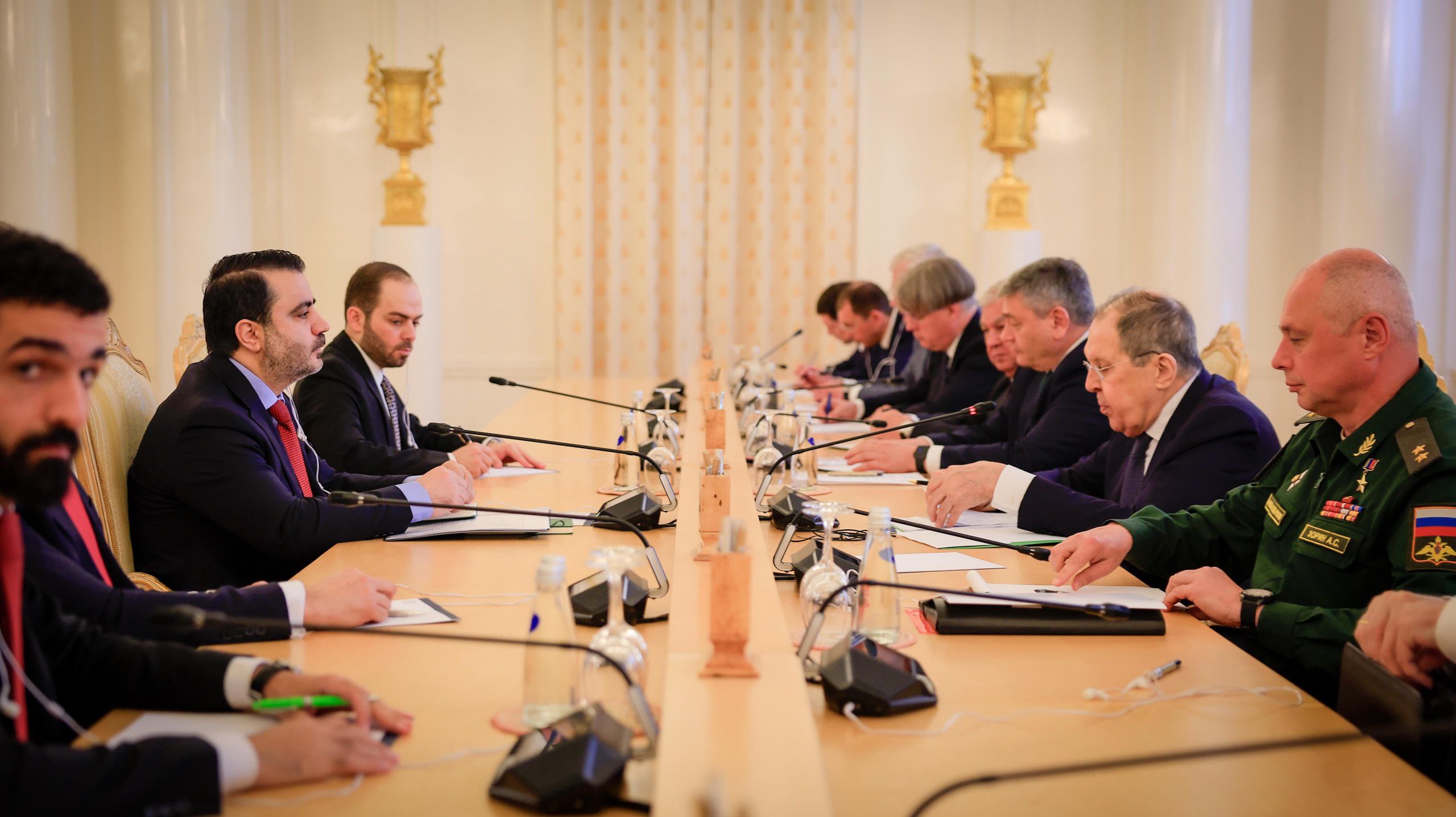
In a landmark diplomatic visit on Thursday, July 31, Syrian Foreign Minister Asaad al-Shaibani met with his Russian counterpart, Sergey Lavrov, in Moscow, marking the first official contact between the two nations since the ousting of former dictator Bashar al-Assad last year. The meeting reflects a sharp pivot in Syria-Russia relations and underscores Damascus’ effort to reassert its sovereignty in the post-Assad era.
Shaibani described the talks as “a necessary discussion … based on the lessons of the past, to formulate the future,” emphasizing that the new Syrian government is committed to “correct and sound” ties with Russia rooted in transparency, mutual respect and Syrian national interests.
Rewriting Economic Ties with a Sovereign Lens
At the heart of the discussions was a review of the Assad-era economic deals—particularly those concerning oil and wheat—which Syria’s new leadership says left the country in unsustainable debt. The ministers announced the formation of a joint committee to re-evaluate these agreements.
“This relationship is at a critical historical turning point,” Shaibani said during a joint press conference. “We have found great openness on the Russian side, and we believe this relationship will develop into a distinguished strategic partnership in the near future.”
Lavrov, in turn, affirmed that Russia is prepared to assist with Syria’s reconstruction, but emphasized the importance of mutual benefit and sovereignty. “We reaffirmed our support for the unity, territorial integrity and independence of the Syrian Arab Republic,” he said. “We are ready to provide all possible assistance in post-conflict reconstruction.”
Syria Asserts Independence on the Global Stage
The visit comes as Syria seeks to redefine its place internationally, no longer as a client state aligned with specific blocs but as an independent actor inviting partnerships based solely on equality. Shaibani made clear that Syria “opened its doors to the world” after Assad’s fall and now seeks cooperation—not control—from foreign powers.
Lavrov echoed this sentiment, stating, “Of course, we hope that President [Ahmad] al-Sharaa will be able to take part in the first Russia-Arab League summit, which is scheduled for October 15.”
This approach extends beyond economics. In Moscow, Syrian Defense Minister Muharraf Abu Qasra also held talks with his Russian counterpart on defense cooperation, including the future of Russian military bases in Syria. While discussions are ongoing, Damascus made clear it will not tolerate foreign dominance.
A Deliberate Break with the Past
In Assad’s final week, Russia offered brief air support, but withdrew as his forces collapsed—hampered by military weakness and political dysfunction—while Moscow focused on Ukraine and reassessed its backing. Since then, Syria’s new leadership has adopted a pragmatic tone, expressing gratitude for past “support” while insisting on a new framework moving forward.
“Syria just wants to rebuild itself,” Shaibani said. “We are tired of the war over the past 14 years.”
By placing sovereignty at the center of its diplomacy, Syria is signaling that it will no longer allow its interests to be subordinated to foreign agendas. The Moscow visit was not a continuation of past alliances, but a step toward mutual accountability—and a new chapter for Syria on its own terms.

